 AD
AD
Today is: November 24
Scroll to explore events active on this date.
LEEP INK FEATURES

August is Appropos
A toddler playing in the fountain at a park in Santa Fe, New Mexico—Photo LD Lewis. In August, we live through the Dog Days of Summer. It's hot and often humid, and those ...

September is Sassy
Can you hear that sigh of relief from parents worldwide? Yes! September marks the return of students to school, a global phenomenon. Preparations for the ACT and SATs begin earnestly for ...

OOH LA LA, October
October is the busiest month for events, with 5% more happening than in May, the second most eventful month. Sailing enthusiasts will be glued to the finals of this year's Am...
About World Chocolate Day
Ends: Jul 07, 2025
DESCRIPTION:
World Chocolate Day is one of three significant days to celebrate chocolate.
Chocolate beans have been used since around 1900 BC by the people of Central America, usually as a bitter drink, often alcoholic, or with red peppers. Tip: If you've never tried hot chocolate with red peppers using hot water instead of milk, it is quite a treat!
It would take Christopher Columbus, on his fourth voyage, to bring this delicious bean to Europe. He noted the encounter in his ship's log on August 15, 1502.
A few decades later, Spanish conquistador Hernán Cortés would bring the bean back in bulk (he was only 17 when Columbus found it).
But in its Central American form, it wasn't the sweet treat we see today. That required several inventions, including:
1) John Baker's process of grounding between millstones cocoa beans to create a powder in 1764.
2) Conrad Van Houten developed a method for extracting the cacao liquor from the fat in the cocoa bean in 1828, which made chocolate affordable.
3) Finally, Swiss chocolatier Rodolphe Lindt developed conching in 1879.
The rest is sweet history.
There are several different types of cocoa beans. Though native to the Americas, nearly two-thirds of cocoa production today occurs in Africa. The Ivory Coast is the largest producer.
VIDEOS
Currently, this event does not have supporting videos.
SUPPORTING DOCUMENTS
Currently, this event does not have supporting documents.
ADDITIONAL IMAGES
Currently, this event does not have supporting images.
Where would you like to go now?
 AD
AD
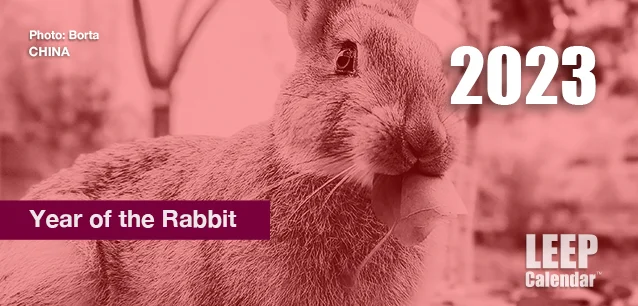




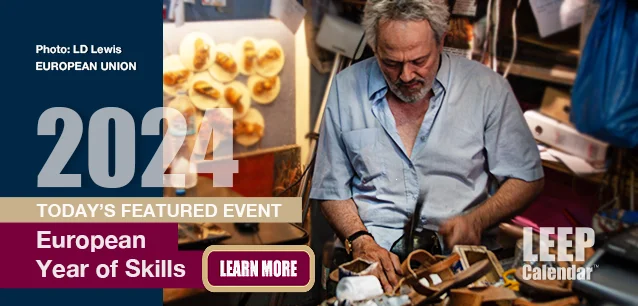
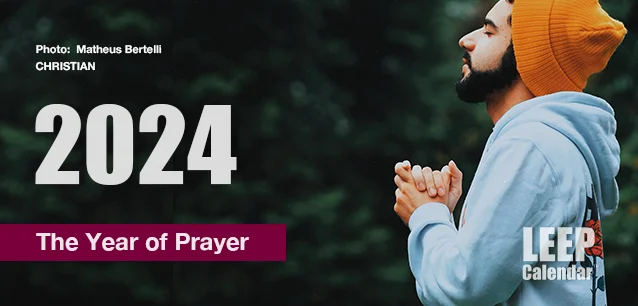


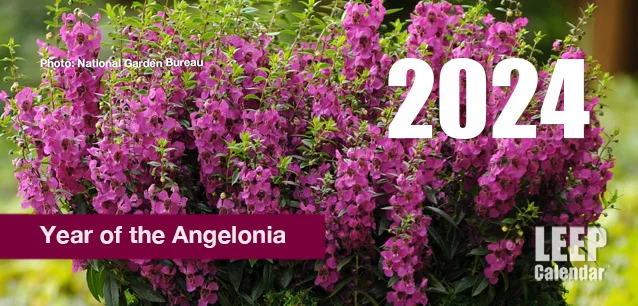
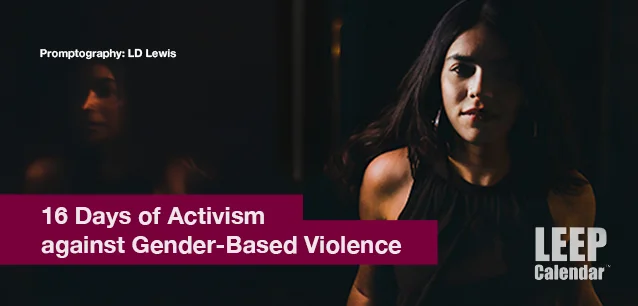
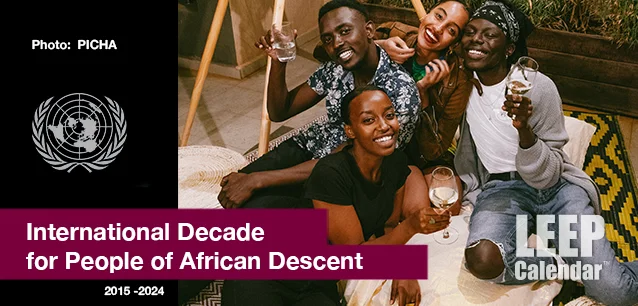
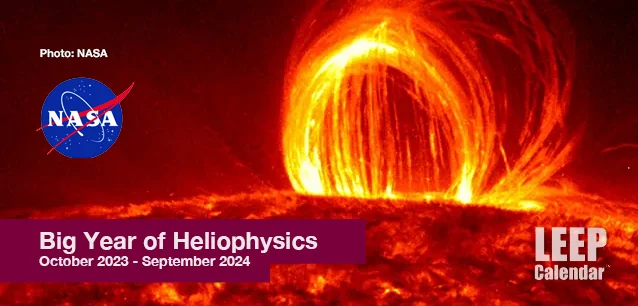
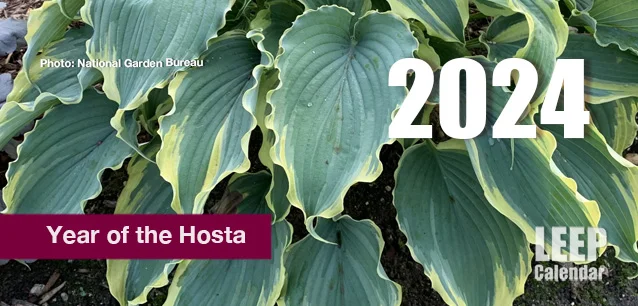
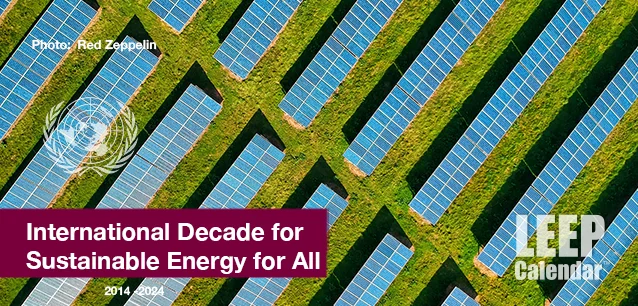

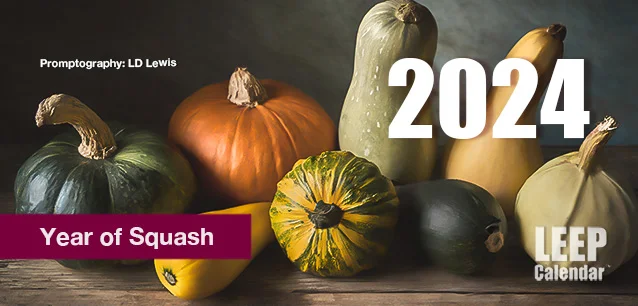

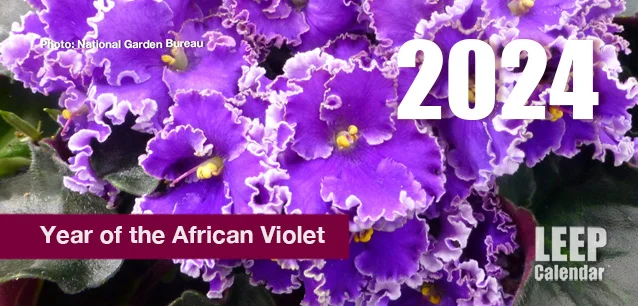


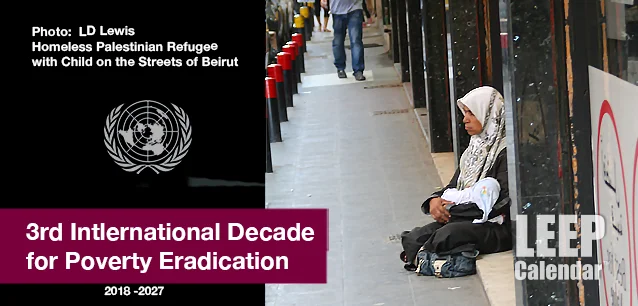
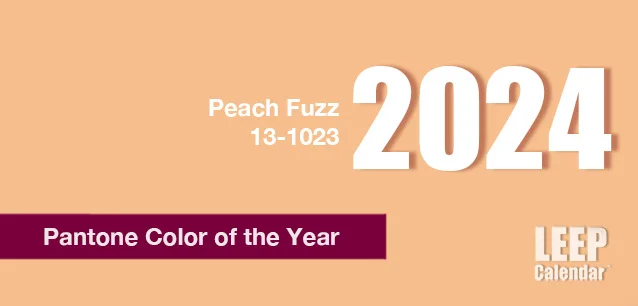

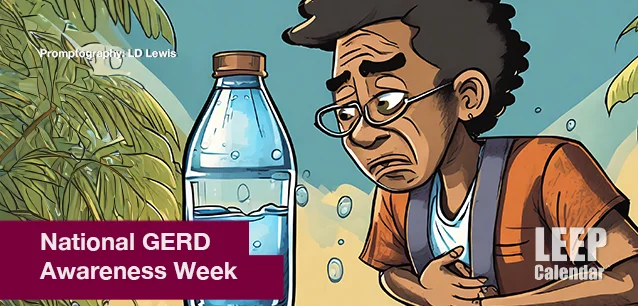
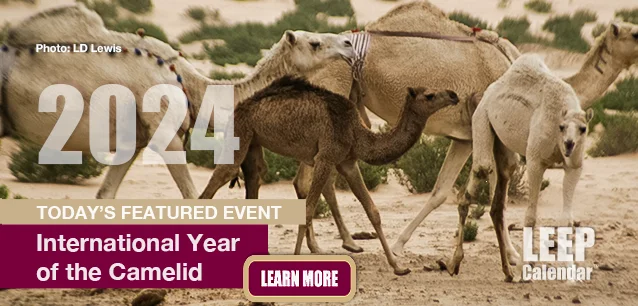







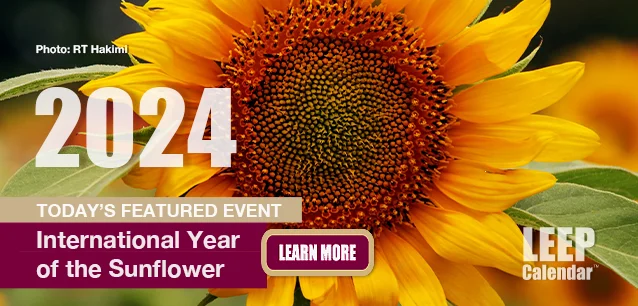
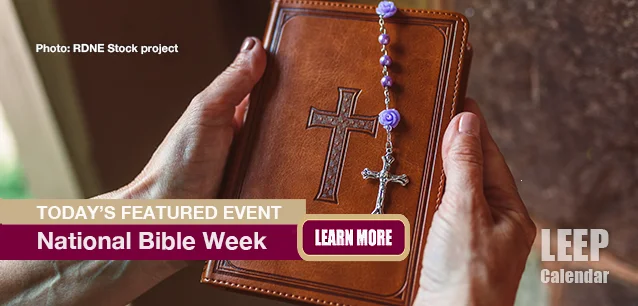





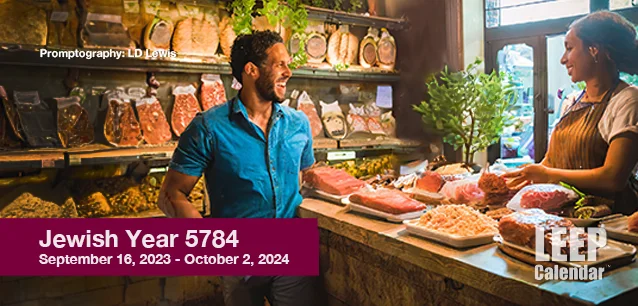






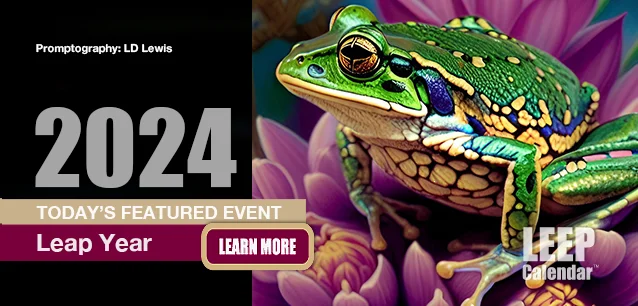
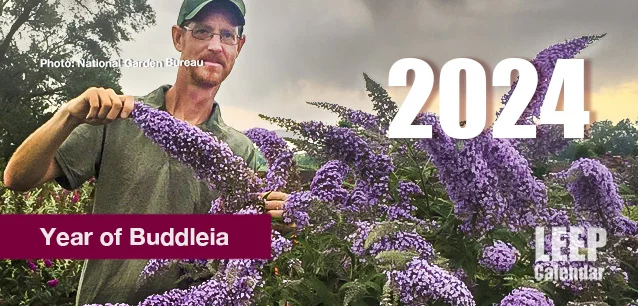




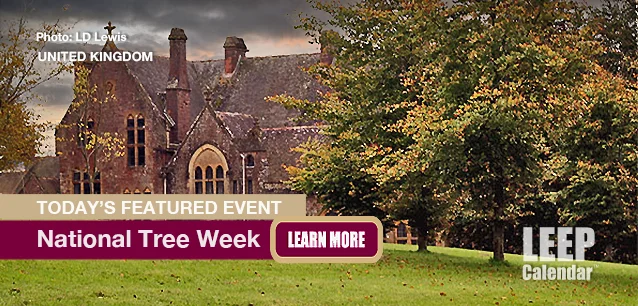

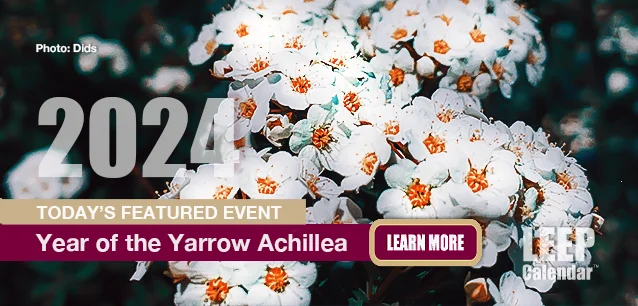




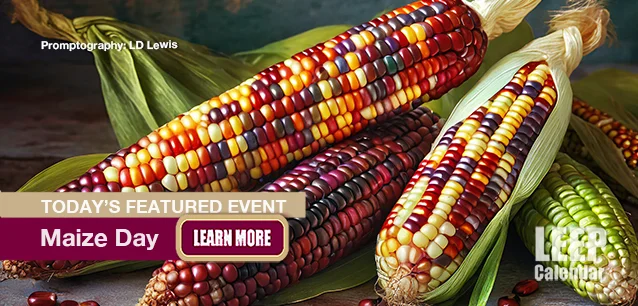
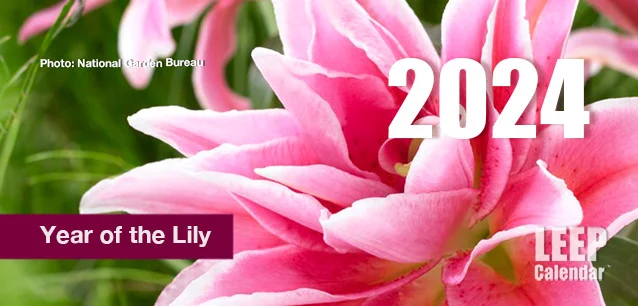
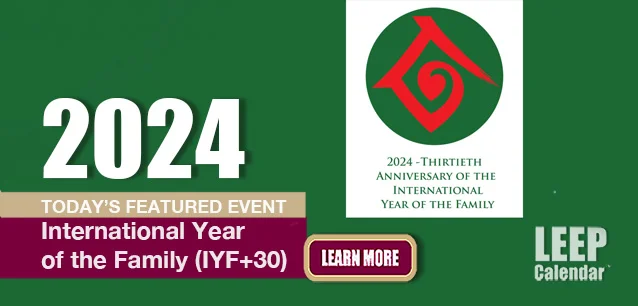
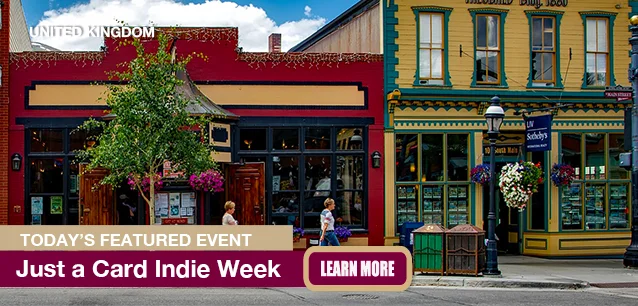
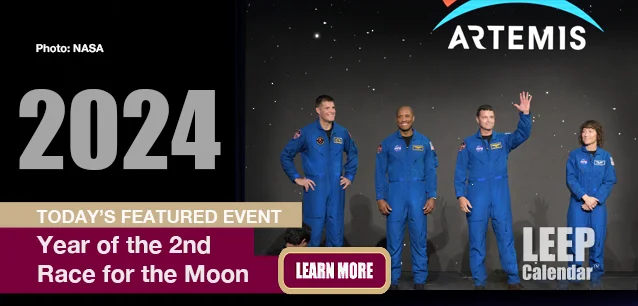



/footer-logo.svg)
